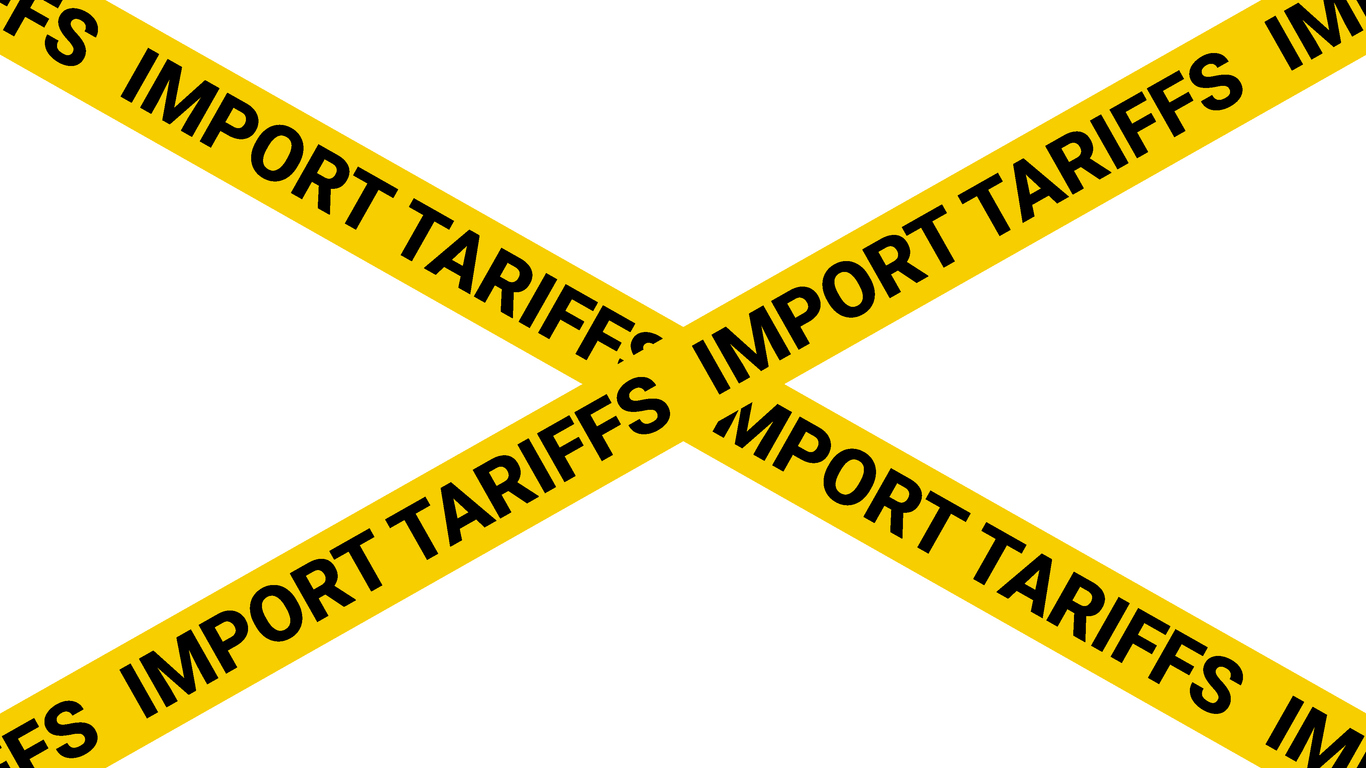What Is the Process of Exporting Polyacetals From Nigeria?
What Is the Process of Exporting Polyacetals From Nigeria?
Polyacetal is a thermoplastic, which means it is lightweight and has high strength. Polyacetals are easy to process and can be recycled many times without losing their properties. Polyacetals are used in many different products, such as kitchenware, toys, containers, and automotive parts.
However, polyacetal is not widely used in Nigeria because there are no manufacturers of this material.
There are only two companies that produce polyacetals for export in Nigeria; these companies import raw materials from China or India to make this product. One company imports raw materials from the United States and sells them to other companies in Nigeria who export the finished product.
What is polyacetals?
Polyacetals are lightweight, strong, and easy to process. Polyacetals are made from a mix of acetic acid, acetone, and petroleum or natural gas. Polyacetal is used in many products, such as kitchenware, toys, containers, and automotive parts.
However, polyacetals are not widely used in Nigeria because there are no manufacturers of this material.
There are only two companies that produce polyacetals for export in Nigeria; these companies import raw materials from China or India to make this product. One company imports raw materials from the United States and sells them to other companies in Nigeria who export the finished product.
Why is polyacetals not used in Nigeria?
Polyacetal production is expensive, time consuming, and requires strict quality control. With no manufacturers of polyacetals in Nigeria, exporters must import raw materials from abroad to produce polyacetals locally.
Exporters will import raw materials from China or India because they are not as expensive as importing them from the United States.
The cost of shipping freight is high, so Nigeria has jumped on the boat to export this product to regions where polyacetals are not manufactured.
The Nigerian economy has many challenges that make it difficult for the country to produce this product on its own.
How can polyacetals be exported from Nigeria?
Nigeria is a major producer of polyacetal, but the problem is exporting it. If Nigeria wants to export this material, then it needs to export these polyacetals in finished form. This means that Nigeria needs to produce polyacetals in finished form and then export them.
The process of exporting polyacetals is very simple. It takes about six months to produce the material, and it is shipped to the United States or Europe. The finished product is exported by boat or truck.
The cost of transportation is expensive, so this product is not widely exported. But, if Nigeria could find a way to produce polyacetal in finished form, then this material could be exported with ease.
If Nigeria wants to export polyacetal, then it will need to invest in this industry and create more finished products that can be exported.
Conclusion
Nigeria exports polyacetals, which are thermoplastics, to other countries. Polyacetals are lightweight and have high strength. Polyacetals are easy to process and can be recycled many times without losing their properties. Polyacetals are used in many different products, such as kitchenware, toys, containers, and automotive parts.
However, polyacetal is not widely used in Nigeria because there are no manufacturers of this material.
There are only two companies that produce polyacetals for export in Nigeria; these companies import raw materials from China or India to make this product. One company imports raw materials from the United States and sells them to other companies in Nigeria who export the finished product.








LEAVE A COMMENT
You must be logged in to post a comment.